Empowering Your Business with Meticulously Designed ERP Servers
Empowering your business with our meticulously designed ERP servers, we understand the criticality of your business and data. Experience uninterrupted performance, data integrity, and security, allowing you to run mission-critical ERP applications without outages or performance degradation. With three copies of backup in snapshot format and Acronis Cyber Protect, we ensure maximum business continuity, minimizing adverse impacts on your revenue and profitability.
Agility Without Sacrificing Control

High Performance NVMe SSD Disk
Your application’s speed & conv ratio is defined by the speed of your disk IO. That’s why we use the industry’s best SSDs.

Cloud Management Platform
Each cloud setup comes with CMP (Cloud Management Platform), Using which you can easily manage your cloud infrastructure.

Auto Scale Up/Down
Spin off VMs based on server load/response time/traffic/RAM/CPU use.

Backup/Restore/Disaster Recovery
We can set up your DR at an affordable price, with optional backup & restore.

Dedicated Bandwidth
Each private cloud comes with dedicated bandwidth of minimum 50 mbps, Scalable up to 1000 mbps,will be charged separately
We understand our partner needs and provide good margin for our partners with discount.
Your ERP data is written on two disks at the same time for high availability & reliabiltiy and also we provide 2 backups at any given point of time
We host your application in Indian data center as per central governments data localisation policy
You can contact us through ticket system 24/7 and we provide phone support and remoste assistance also
We assure you the best performance of your servers, If doesnt meet your expectation, We can provide you for Free
We protect your application against DDOS & also you can downgrade or upgrade your server without downtime easily
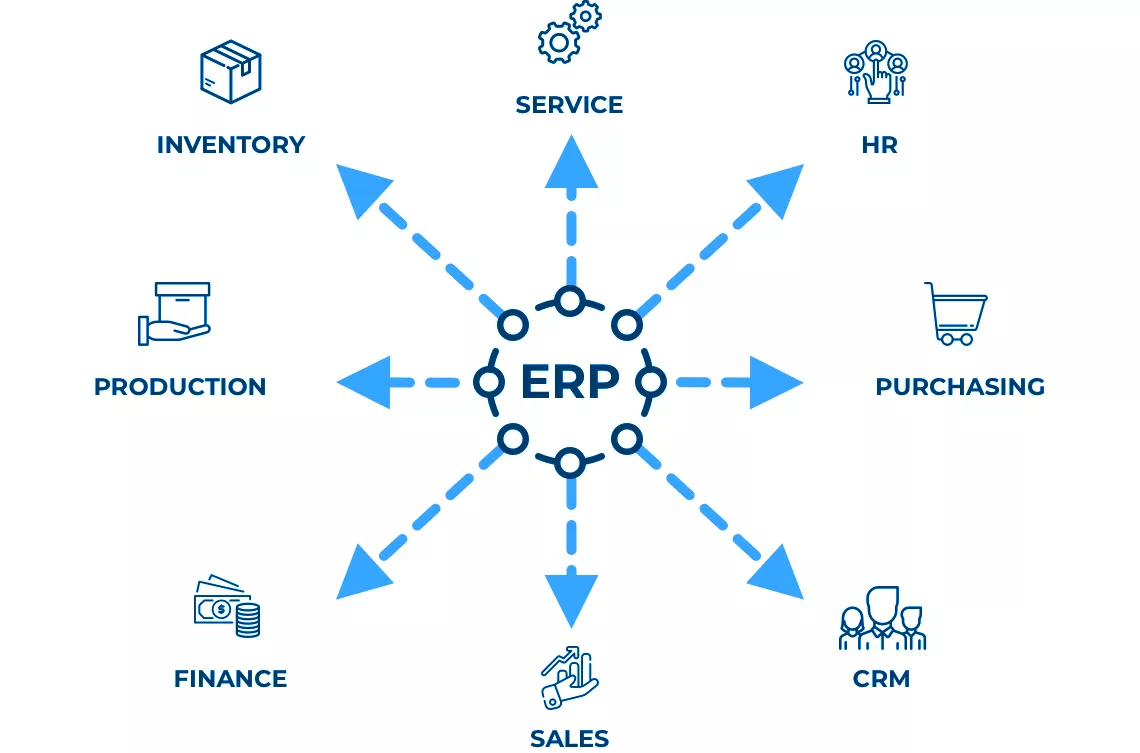



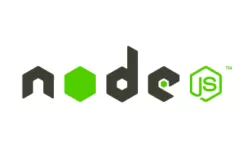

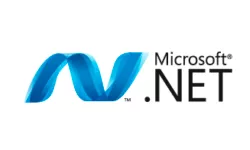

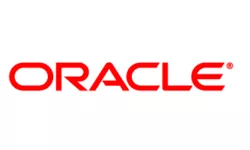

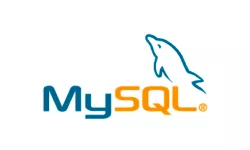










What kind of customers use our ERP servers?
-
Financial Accounting ERP:A Financial Accounting ERP (Enterprise Resource Planning) system is a comprehensive software solution designed to manage and streamline financial operations within an organization. It integrates various financial processes such as general ledger management, accounts payable and receivable, budgeting, cash flow management, and financial reporting. By automating and centralizing financial data, this ERP system enhances accuracy, efficiency, and transparency in financial accounting processes. It enables businesses to track and analyze financial information, generate reports, adhere to regulatory compliance, and make informed financial decisions
-
Order Management ERP:An Order Management ERP (Enterprise Resource Planning) system is a powerful software solution designed to centralize and automate the entire order management process within an organization. It encompasses various stages of the order lifecycle, including order creation, fulfillment, tracking, and customer service. By integrating and streamlining these processes, an Order Management ERP enables businesses to effectively manage orders, improve operational efficiency, and enhance customer satisfaction.
-
HR and Payrol ERP:An HR and Payroll ERP (Enterprise Resource Planning) system is a comprehensive software solution that combines human resources management and payroll processing functionalities into a single integrated platform. This ERP system streamlines and automates critical HR and payroll processes, enabling organizations to effectively manage their workforce and payroll operations.
-
Manufacturing ERP:A Manufacturing ERP (Enterprise Resource Planning) system is a robust software solution specifically designed to optimize and streamline the various processes involved in manufacturing operations. It provides manufacturers with a centralized platform to manage and integrate critical aspects of their business, including production planning, inventory management, supply chain management, quality control, and shop floor operations.
-
CRM ERP:A CRM ERP (Customer Relationship Management Enterprise Resource Planning) system is a comprehensive software solution that combines the functionalities of customer relationship management (CRM) and enterprise resource planning (ERP). It integrates customer-focused processes and data with core business operations to enhance customer relationships and streamline overall business performance.
-
Projects ERP:A Projects ERP (Enterprise Resource Planning) system is a comprehensive software solution designed to streamline and optimize project management processes within an organization. It provides a centralized platform that integrates various project-related functions, including project planning, resource allocation, budgeting, scheduling, collaboration, and reporting.
-
HelpDesk ERP:A HelpDesk ERP (Enterprise Resource Planning) system is a comprehensive software solution designed to streamline and optimize customer support and helpdesk operations within an organization. It provides a centralized platform that integrates customer service, ticket management, and resource allocation to enhance customer satisfaction and support efficiency.
-
Asset Managment ERP: An Asset Management ERP (Enterprise Resource Planning) system is a comprehensive software solution designed to effectively manage and optimize the lifecycle of assets within an organization. It provides a centralized platform that integrates asset tracking, maintenance, procurement, depreciation, and financial management.
-
Production Management ERP: A Production Management ERP (Enterprise Resource Planning) system is a comprehensive software solution designed to streamline and optimize production processes within an organization. It provides a centralized platform that integrates various functions such as production planning, scheduling, inventory management, quality control, and resource allocation
-
Our ERP servers supports all kind of ERP applications: Our ERP servers are designed to provide comprehensive support for various types of ERP applications. Regardless of the specific ERP software or system your business utilizes, our servers are equipped to handle the demands and requirements of these applications. Whether you are using popular ERP platforms such as SAP , Oracle E-Business Suite, Microsoft Dynamics, or industry-specific ERP solutions, our servers offer the necessary performance, scalability, and reliability to ensure seamless operation.
Get HostingRaja’s Key Advantages forf ERP Servers
- Centralized Data Management: ERP servers serve as a central repository for storing and managing business-critical data. This centralization ensures data consistency, eliminates data redundancy, and enables real-time access to accurate and up-to-date information across the organization.
- Standardized Processes: ERP servers promote standardization by enforcing consistent workflows, procedures, and data formats across different departments and locations. This standardization reduces errors, improves data quality, and enhances collaboration and communication between teams.
- Regulatory Compliance: ERP servers assist organizations in meeting regulatory and compliance requirements. They offer features such as data security controls, audit trails, and reporting capabilities that help organizations adhere to industry-specific regulations and maintain compliance with data protection laws.
- Business Continuity: ERP servers incorporate backup and disaster recovery mechanisms to ensure business continuity in the event of system failures or unforeseen events. Regular backups, data replication, and failover configurations minimize the risk of data loss and enable quick recovery, minimizing the impact on business operations.
- Vendor Support: ERP servers are typically supported by experienced vendors who provide technical assistance, software updates, and patches. This support ensures that organizations have access to expert guidance, addressing any issues or challenges that may arise during the deployment, configuration, or usage of ERP applications.
- Improved Collaboration: ERP servers facilitate collaboration by enabling users from different departments and locations to access and share data in real-time. This enhances cross-functional teamwork, enables efficient decision-making, and promotes a unified approach to achieving business objectives.
- Cost Efficiency: ERP servers help organizations achieve cost savings through process automation, resource optimization, and improved efficiency. By streamlining operations, reducing manual effort, and minimizing errors, ERP servers contribute to lower operational costs and increased productivity.
- Scalable Infrastructure: ERP servers provide a scalable infrastructure that can adapt to the evolving needs of growing businesses. Organizations can easily add or remove server resources based on demand, allowing for seamless expansion or contraction without significant capital investments.
- Competitive Advantage: By leveraging the capabilities of ERP servers, organizations gain a competitive edge in the market. They can respond quickly to customer demands, deliver superior customer service, optimize supply chain management, and make data-driven decisions, leading to increased customer satisfaction and improved business performance.
Key Considerations for Selecting the Perfect ERP Server Hosting for Your Business:
When it comes to finding the perfect ERP hosting solution for your business, HostingRaja is here to assist you. We have curated a set of best practices and tips to simplify your decision-making process. From cost considerations to scalability, security, reliability, and customer service, we cover all the essential factors to help you make an informed choice. Additionally, we provide insights on choosing the right cloud infrastructure for your business needs and how HostingRaja can support you throughout the selection process.
Top Reasons to Choose HostingRaja for Superior ERP server Hosting
When it comes to hosting your ERP system, selecting the right server is crucial for ensuring optimal performance and efficiency of your cloud infrastructure. The speed and capabilities of the server directly impact your business operations. That’s why we have curated a list of the top 5 fastest servers that are perfectly suited for ERP hosting solutions.
These high-speed servers are designed to accelerate your cloud infrastructure and ensure that your ERP system operates at its best. With their exceptional performance, you can experience improved responsiveness, faster data processing, and enhanced overall efficiency.In our search for the ideal server provider, HostingRaja stood out for its unwavering commitment to delivering superior performance and reliability. HostingRaja offers a range of servers known for their exceptional speed, robust hardware configurations, and advanced networking capabilities. With their state-of-the-art infrastructure, you can trust HostingRaja to provide the necessary speed and power to optimize your ERP hosting environment.
By selecting HostingRaja as your hosting service provider, you gain access to a high-speed, reliable server that maximizes your ERP system’s performance. Eliminate slow response times and lag, ensuring seamless, efficient, and uninterrupted ERP operations.
HostingRaja ERP Server FAQ’s
How do I choose the right ERP server for my organization?
To choose the right ERP server, consider factors such as system requirements, scalability, security features, integration capabilities, vendor support, and the specific needs of your organization. Consulting with IT professionals and conducting thorough research can help in making an informed decision.
What are the hardware requirements for an ERP server?
The hardware requirements for an ERP server can vary depending on factors like the size of the organization, the number of users, and the complexity of the ERP software. Generally, ERP servers require sufficient processing power, memory, storage capacity, and network connectivity to handle the workload efficiently.
What is On-Premise ERP?
On-Premise ERP refers to deploying an ERP system within an organization's own infrastructure. The organization purchases or licenses the ERP software and installs it on their servers. They have complete control over the system, but they are responsible for the hardware, maintenance, updates, and IT resources needed to run the ERP. It requires upfront investment, an IT team, and may have less scalability compared to cloud-based ERP solutions.
How can I ensure the security of my ERP server?
To ensure the security of an ERP server, it is essential to implement measures such as strong access controls, regular security updates, encrypted communication channels, data backup and recovery procedures, intrusion detection systems, and periodic security audits. Additionally, training employees on security best practices is crucial.
Can an ERP server integrate with other business systems?
Yes, modern ERP servers are designed to integrate with other business systems such as customer relationship management (CRM), supply chain management (SCM), e-commerce platforms, payroll systems, and more. Integration allows for seamless data exchange and streamlines business processes across different departments.
How often should I backup my ERP server data?
The frequency of ERP server data backups depends on the criticality of the data and the acceptable data loss window for your organization. Generally, it is recommended to perform regular backups daily or at least on a weekly basis. Backup strategies may also include incremental backups and offsite storage for disaster recovery purposes.
What is the role of database servers in an ERP system?
Database servers are a crucial component of an ERP system as they store and manage the structured data required for ERP operations. They handle functions such as data storage, retrieval, indexing, and transaction management. Common database servers used in ERP systems include Microsoft SQL Server, Oracle Database, and MySQL.
Can I customize an ERP server to meet my organization's specific needs?
Most ERP servers offer customization options to varying degrees. This allows organizations to tailor the ERP system to their unique requirements, workflows, and industry-specific processes. However, it's important to consider the impact of customization on future upgrades and vendor support.
What are the benefits of using an ERP server for my organization?
Using an ERP server brings several benefits, including streamlined business processes, improved data accuracy and visibility, increased efficiency, enhanced collaboration among teams, better decision-making through real-time insights, standardized reporting, and the ability to scale and adapt to changing business needs.
Reviews from ERP Server Customers
-

Sreekar Bukkapatnam
22 Oct 2025With HostingRaja’s dedicated bandwidth, my ERP servers are consistently accessible and responsive. They have an Indian data center that adheres to data localization policies, and their customer support is truly exceptional.
-

Shajay Kumar
13 Sep 2025HostingRaja’s private cloud featuring NVMe SSD disk has brought a remarkable difference to my application’s speed and performance. With their user-friendly cloud management platform, managing my cloud infrastructure has become effortless and efficient.
-

Yaazhini
25 Aug 2025I have had a wonderful experience with ERP cloud hosting services so far. I have not faced any server issues in the past year, and the support service is excellent. They are available 24/7 to answer any questions I have, and they are always responsive. The software itself is user-friendly, particularly beneficial for small businesses
-

Mallikarjuna Rao
23 Jul 2025The ERP server has been incredibly user-friendly for our small business, and we have received excellent support from the team. It has allowed us to consolidate all our operations into one system, streamlining our processes. As a result, we are experiencing business growth, with annual revenue consistently increasing.

